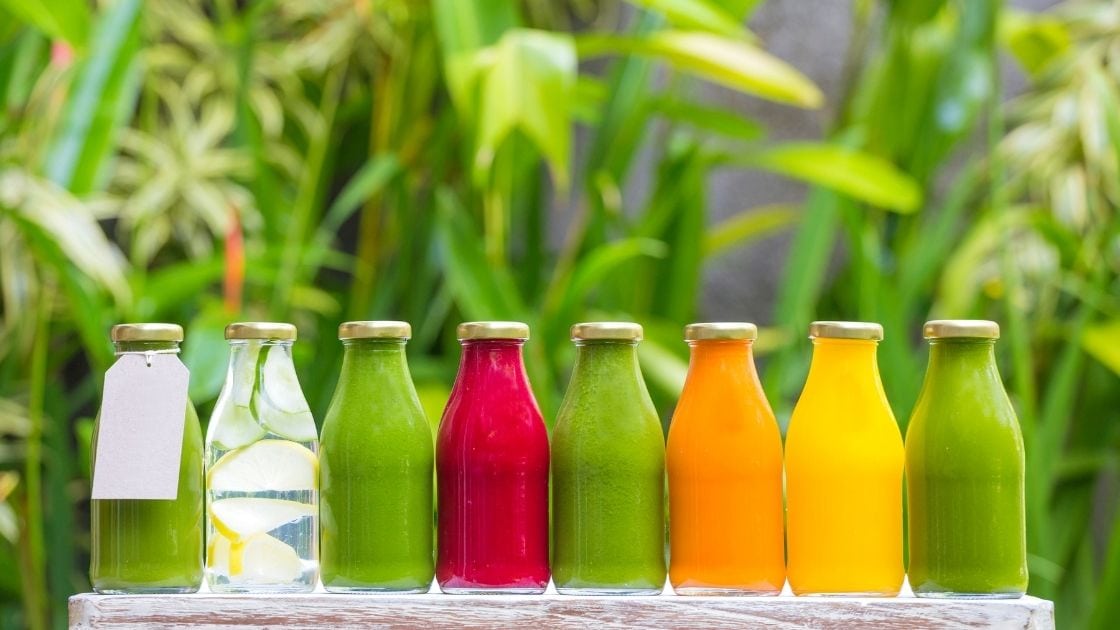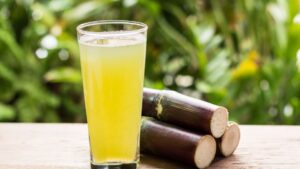Cold pressed juice. You’ve probably heard the name cropping up more and more over recent years. Seen the bottles in the grocery store, or heard about its benefits from social media platforms and influencers. It’s true that cold pressed juices popularity has risen exponentially over the past few years but, what even is cold pressed juice? And is cold pressed juice actually good for you?
What is Cold Pressed Juice?
Like all the different types of juices, cold pressed juices are extracted from fresh fruit and raw vegetable produce. Cold pressed juice can be made from any combination of fresh produce and commonly features superfoods including apple, ginger, lemon, turmeric, pineapple, and kale.
So what makes cold pressed juice, cold pressed, exactly? And no, it doesn’t mean it was manufactured in Alaska! Well, what sets cold pressed juice apart from regular old juice is actually the juicing method used to get to the raw juice. Let’s check it out.
How is Pressed Juice Made?
To really appreciate the difference between regular bottled juice and cold press, first, it’s important to consider how mass-produced juice is usually made. Conventional juicing methods use something called a masticating juicer, or centrifugal juicer.
A masticating juicer works by grinding down the raw produce to enable the liquid to be separated from the pulp. This movement incorporates heat into the process, like the way your blender at home heats up when you use it.
The pulp may also be heated to help get more liquid out of the fruit – the way some people like to microwave a lemon before squeezing it to get all the juice out.
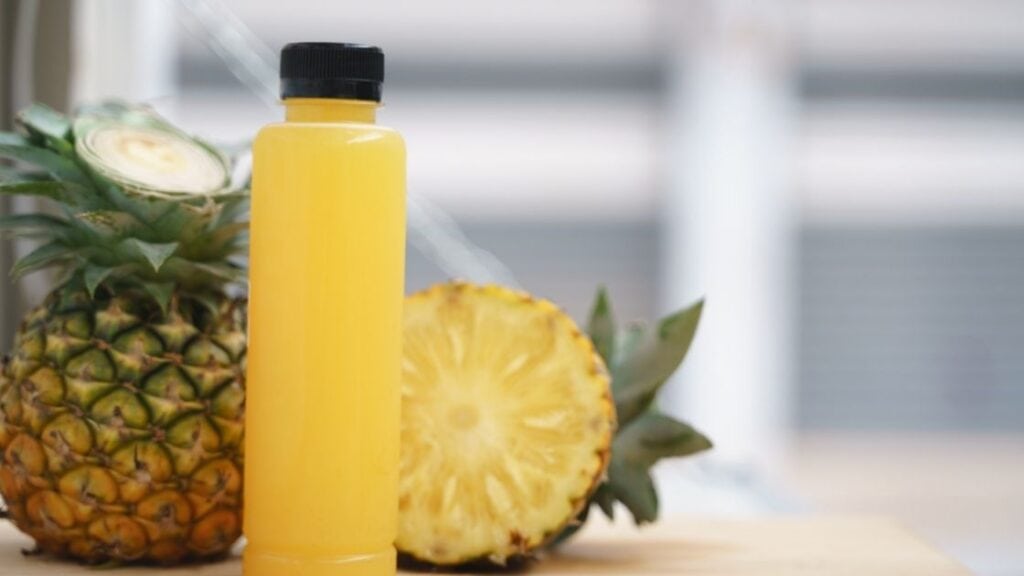
Now the regular blending method adds heat to the raw juice, but it also oxidizes the mix, as the blending process in and of itself whips air into the mix.
So, you might be asking yourself, what does this mean for me and my morning OJ? Well, the oxygen and heat actually really aren’t that good for fruits and vegetables. As raw food enthusiasts will tell you, cooking, and any form of heat breaks down the delicate vitamins, minerals, nutrients, and elements found in the raw produce.
This means that traditional bottled juice is lacking in a lot of these nutritional goodies that you would probably expect from a raw piece of fruit or vegetable.
It’s one of the many reasons why most health advocates don’t actually recommend regularly drinking fruit juice as a part of a balanced diet.
So Where does Cold Pressing Come into Things?
Well, the cold pressing method used a special juicing machine. It’s known as a cold juice press or slow juicer. Rather than grinding and blending, it does just what it says – presses the juice from the raw produce. This method generates minimal heat, hence the name. A slow juicer also minimizes the oxidation process, which means that more of those essential vitamins, minerals, nutrients, and enzymes stay intact.
Okay, so what are the benefits really, and is cold pressed juice actually worth the price difference?
What are the Cold Pressed Juice benefits?
Cold Pressed Juice does have some pretty great benefits when compared to the old-fashioned apple juice from our school days. Let’s check out some of them now.
Concentration of Vitamins
Cold pressed juice is a strong source of vitamins and minerals. Depending on the type of fruit used, cold pressed juice may be a concentrated source of antioxidants, Vitamins A, B Vitamins, Vitamin C, Vitamin E, Iron, Potassium, Manganese, and Magnesium, to name just a few. This makes it an especially useful tonic for those who do struggle with their vitamin intake. It can also be used as a pick-me-up for those feeling under the weather or who need to abstain from solids for whatever reason.
Higher Amount of Antioxidants
Being a super strong antioxidant source, cold pressed juice has many health care benefits. It can aid and support many bodily functions including immunity, and cardiovascular health, and even keep your skin clear and hair strong.
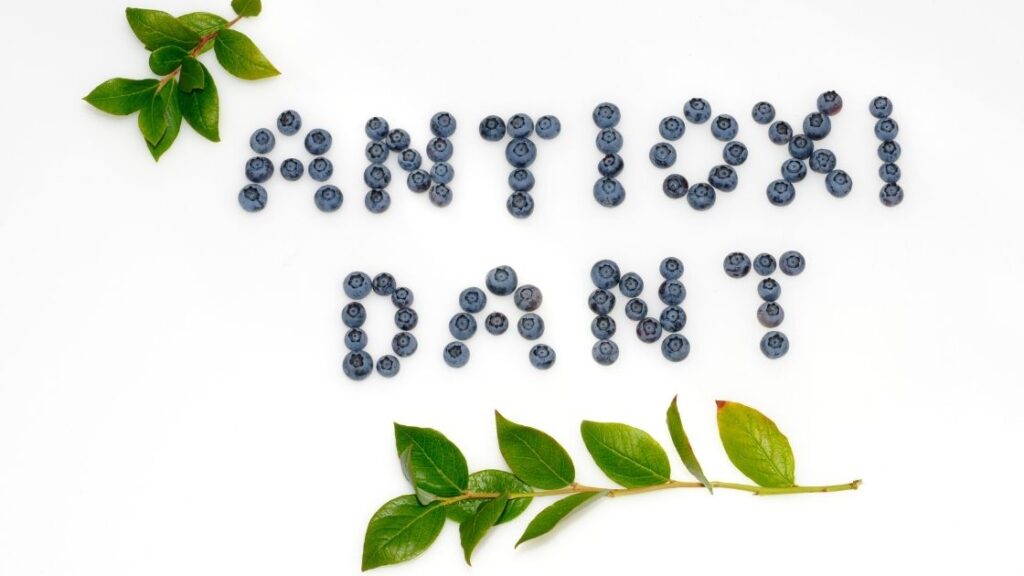
Many manufacturers even make specialized ‘wellness shots’. These concentrated confections are usually high in flavor and pack a powerful antioxidant punch, with ingredients like turmeric, lemon, and ginger.
Better Taste
Well, this one you’ll have to try yourself or take our word for it, but cold pressed juice is pretty darn tasty. This has to do with the entire production process. As cold pressed juice is usually unpasteurized, you’ll get a fresher (and therefore, tastier) juice than what you’ll obviously take from a vacuum-sealed Ultra Heat Treated carton of generic apple juice.
Quality Produce
Along the same line, this delicious juice is still considered a relatively luxurious item. Its commonly manufactured by small-scale, specialty companies using organic, locally sourced ingredients, and rarely contains any added sugar or preservatives.
Perfect Juice Cleanse
Cold press juice makes for a fantastic option for your next juice cleanse. Being so rich in natural ingredients, cold press juice is one of your better options if you are looking to do a juice cleanse.
Are There any Drawbacks to Drinking Cold Pressed Juice?
Cold pressed juice benefits considered, let’s look at the other side of the pineapple. What are the disadvantages to drinking cold pressed juice?
Food Waste
Cold pressing is not the most economical of options. A slow juicer will yield much less juice than a centrifugal juicer will. This also means that, unless recycled or used in other recipes, a lot of the raw pulp can go to waste.
High in Sugar
While it is very unusual for cold press juice to contain added sugar, fruit is very high in fructose, and drinking it down you may be less aware of exactly how much sugar you are consuming. We recommend selecting a juice made with a combination of fruit and vegetable matter. Carrot, celery juice, and even leafy greens like kale and spinach make for a delicious juice while being low in sugar!
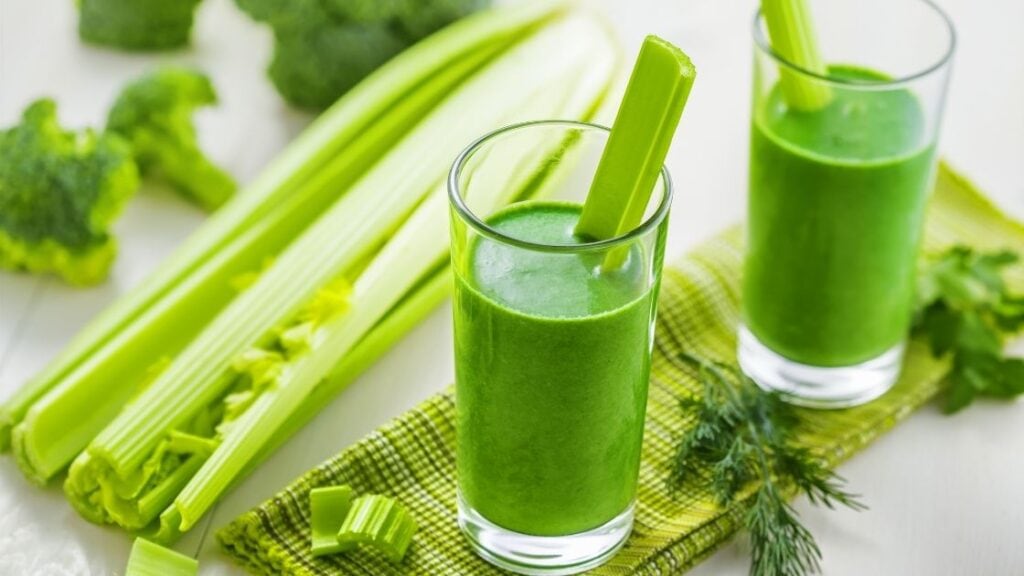
Damages Tooth Enamel
Because of the high amounts of fructose, juice may damage delicate tooth enamel. We recommend brushing your teeth or rinsing with fresh water after drinking.
Pasteurization
This shouldn’t be a problem if you are making your fresh juice at home. However, when buying cold pressed juices, it is important to consider if it is pasteurized or not. Pasteurization is heating food or drinks to kill off any potentially harmful bacteria. Pasteurization is a great option for most foods as it reduces the need for additional preservatives. However, this process heats the fresh juice, so it is commonly avoided by most cold juice manufacturers, who will freeze or only sell the fresh juice while it is still safe and before any harmful bacteria can form. That being said, pregnant women and those with extreme sensitivities are recommended to only consume pasteurized juices.
High Price Point
Being synonymous with high quality, cold press juice is a comparatively expensive option and can set you back anywhere from $5 – 10 a bottle.
Should You Take it Regularly?
So, all things considered, is cold pressed juice worth it? Fresh juice makes for a tasty treat, and a bottle of cold pressed juice now and then will help boost your health with a hit of vitamins, minerals, and enzymes. Its also an excellent antioxidant and nutrient source. To minimize excess calories and sugar, we recommend juicing at home or selecting a juice made with a vegetable ingredient like celery, kale, or carrot.

Rosily Ryan is an accomplished health and fitness writer, editor, and health activist based in Sydney, Australia. With a wealth of knowledge and expertise in the health and nutrition industry, Rosily has established herself as a trusted authority in the field. She has contributed to several leading publications, including Pure Green Magazine, where her work has been widely recognized for its insightful analysis and engaging style.
Rosily’s passion for health and fitness is evident in her writing. Her extensive research and first-hand experience in the field allow her to provide valuable insights and practical advice to her readers. As an advocate for healthy living, Rosily has been actively involved in various health initiatives and campaigns that aim to raise awareness about the importance of physical and mental well-being.
